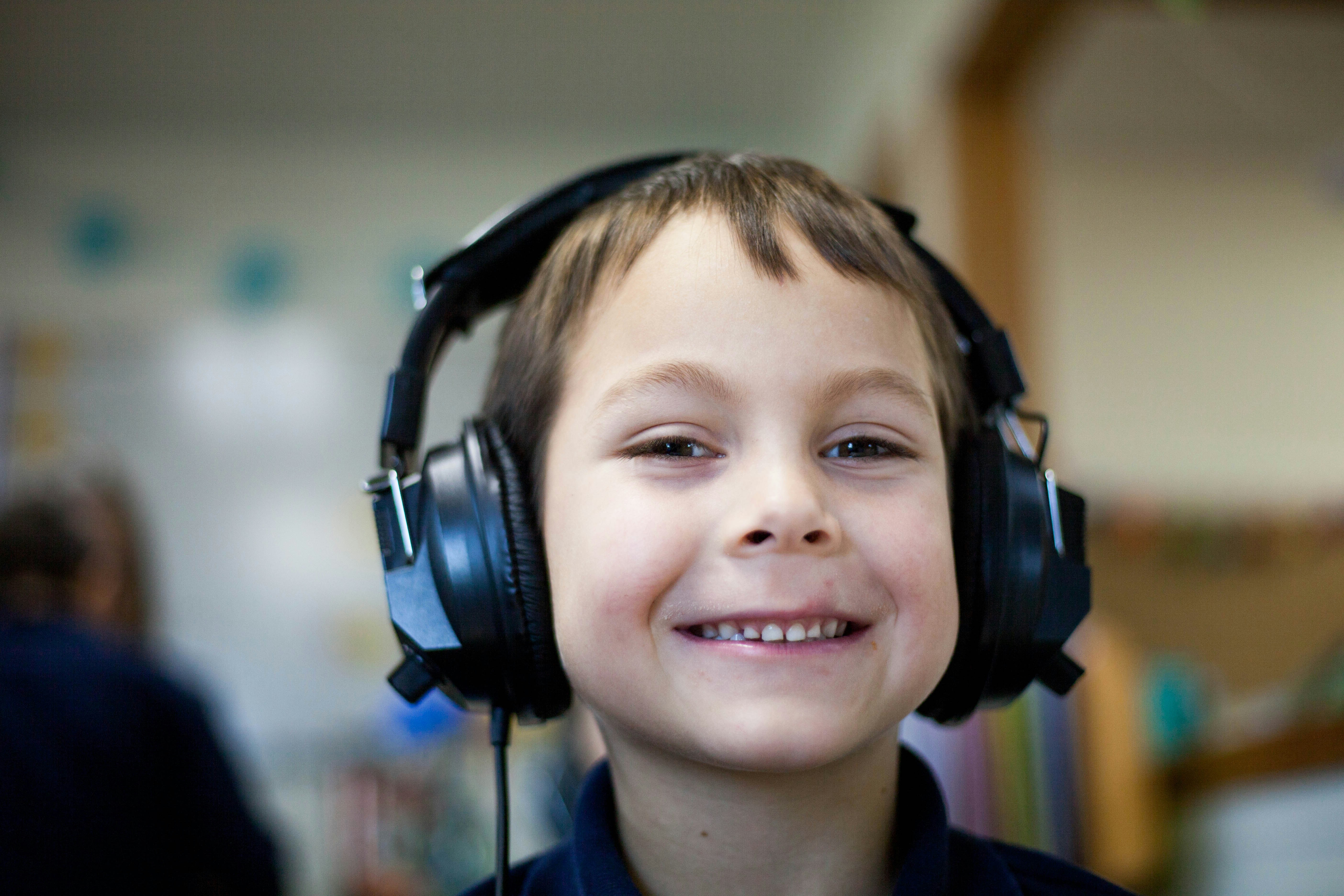Media release
From:
Otitis media with effusion, otherwise known as glue ear, is a common childhood condition that can lead to impaired hearing, with flow-on effects for language and social development as well as participation in education. If detected it is often able to be treated with grommets or other interventions. Data from the hearing component of the national health screening programme for four-year-olds (the B4School Check) were analysed to determine if certain groups of children were being missed by the screening programme and whether there were any differences in the rates of glue ear and in referral and access to care providers for further management. Māori and Pacific children and those living in higher deprivation were less likely to be screened, and when screened were significantly more likely to have glue ear. When glue ear was found, children from these groups were less likely to be immediately referred for management and less likely to be enrolled in GP practices to action treatment. These findings will help inform future redevelopment of the screening programme, to enable more equitable access to appropriate care and to improve hearing outcomes for these populations in particular.



 New Zealand
New Zealand


